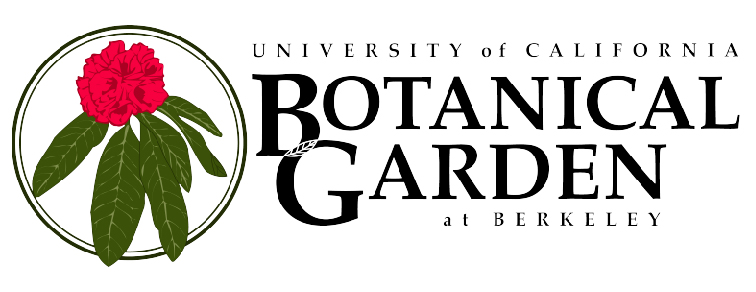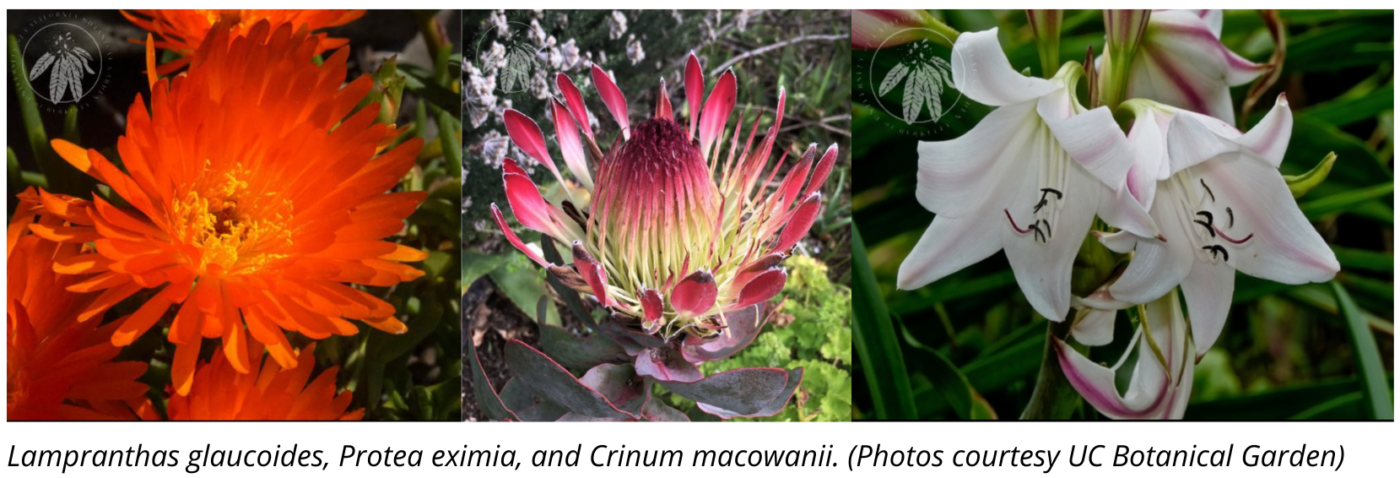The University of California Botanical Garden at Berkeley has reopened to the public with a special attraction, a Southern African “Super Bloom” consisting of plants from South Africa, Lesotho, Swaziland, Botswana, and Namibia. Thousands of yellow, purple, orange, fuchsia and white flowers have created a blanket of vibrant colors.
Director Emeritus Dr. Paul Licht called the display the best he’s seen in more than 30 years with the garden.
But garden officials advise not waiting because the blooming condition is only expected to last about two weeks.
Featured in the bloom are plants rich in Mediterranean-climate flora from the Cape region, plants from the Karoo habitat and the fynbos plant community, among various other plants.
“Now is a great time to see the floral display in the Southern African Area,” said Chris Carmichael, advisory board member. “Annuals, succulents, and geophytes (plants growing from bulbs and corms) are blooming in abundance in the Karoo beds.”

The Botanical Garden is one of the most diverse in the world, containing over 10,000 rare and endangered plants.
Executive Director Lew Feldman encourages people to come see the attraction before it changes over the next couple of weeks.
“The garden offers a dynamic and immersive experience where everyone is welcome to observe and delight,” he said. “Our mission is to create a place for people and plants to partner and thrive. We invite you to visit, engage and cultivate your curiosity.”
The garden is open daily from 11 a.m. to 5 p.m. to visitors with reservations, which can be made online at botanicalgarden.berkeley.edu. Admission prices can also be found online.
The Botanical Garden is at 200 Centennial Drive in Berkeley.

The UC Botanical Garden features endangered native plants and some are even available to purchase. The Garden also has has a great educational program with Zoom presentations on native plants, pollinators, etc.
We visited a couple days ago. Spectacular.